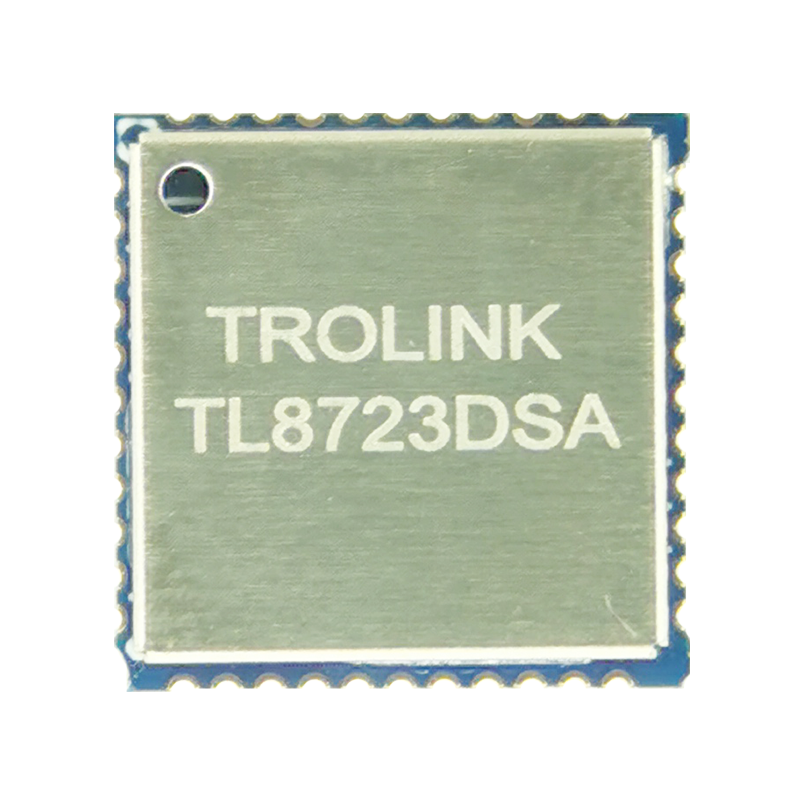With the rise of the Internet of Things (IoT), WiFi modules have emerged as a crucial component in revolutionizing connectivity. These small yet powerful devices enable seamless wireless communication between various IoT devices, facilitating the exchange of data and enabling automation on an unprecedented scale.
WiFi modules play a pivotal role in transforming traditional homes into smart homes. By integrating WiFi modules into appliances, lighting systems, and security devices, homeowners can control and monitor their homes remotely. From adjusting the thermostat to scheduling lighting, WiFi modules empower users with unprecedented convenience and energy efficiency.
In the industrial sector, WiFi modules are revolutionizing operations, increasing efficiency, and reducing costs. By connecting machines, sensors, and other equipment to a central network, WiFi modules enable real-time data monitoring, predictive maintenance, and streamlined logistics. This connectivity allows for improved decision-making, reduced downtime, and optimized resource utilization.

WiFi modules are transforming the healthcare industry by enabling remote patient monitoring and efficient healthcare delivery. From wearable devices that track vital signs to smart medication dispensers, WiFi modules facilitate real-time data transmission, ensuring prompt medical interventions and improving patient outcomes. Moreover, the integration of WiFi modules in healthcare facilities enhances asset tracking, inventory management, and patient flow optimization.
In the realm of agriculture, WiFi modules are empowering farmers to monitor and manage their crops and livestock more effectively. By connecting sensors that measure soil moisture, temperature, and humidity, WiFi modules enable farmers to make data-driven decisions, optimize resource allocation, and implement precision irrigation. Furthermore, WiFi-enabled tracking devices aid in livestock management, ensuring their well-being and enhancing overall productivity.
WiFi modules are revolutionizing transportation systems by enabling seamless communication between vehicles, traffic infrastructure, and control centers. This connectivity facilitates real-time traffic monitoring, predictive maintenance of vehicles, and optimizes route planning, reducing congestion and enhancing safety. Moreover, WiFi modules empower passengers with enhanced connectivity options and personalized travel experiences.
As IoT continues to evolve, WiFi modules prove to be an indispensable component in realizing its full potential. From home automation and industrial applications to healthcare, agriculture, and transportation, WiFi modules are driving innovation and transforming various sectors. With their versatility and adaptability, WiFi modules are poised to reshape the way we interact with technology and usher in a new era of connectivity.
 Trolink Joint With Tuya to Make Iot Benefit Every Family
Trolink Joint With Tuya to Make Iot Benefit Every Family
 5 Key Indicators for WiFi Module Selection You Have to Know !
5 Key Indicators for WiFi Module Selection You Have to Know !
 IOT module is the brain of smart products
IOT module is the brain of smart products
 What is the signal coverage range of the WiFi module chip?
What is the signal coverage range of the WiFi module chip?